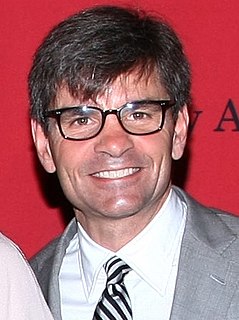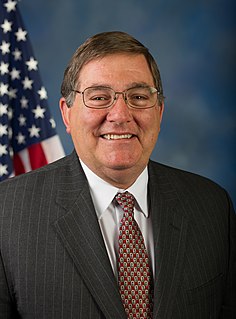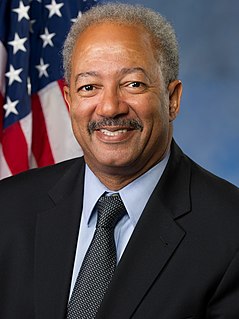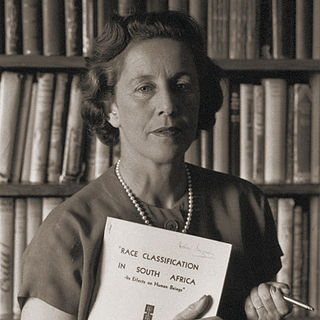A Quote by George Stephanopoulos
Looking to the future, the words uncertain and scared near the top but hopeful and optimistic prevail and beneath the division one sign of civility, 73 percent of Americans have a close friend or family member who voted for an opposing candidate.
Related Quotes
But of course, now we're told we're in recovery but this sure doesn't feel like a recovery to more than 9 percent of the Americans out there who are unemployed, or the 16 percent of the African-Americans, 11 percent of Hispanics in the same position, or the millions who can only find part-time work or those who have even stopped looking for a job.
































